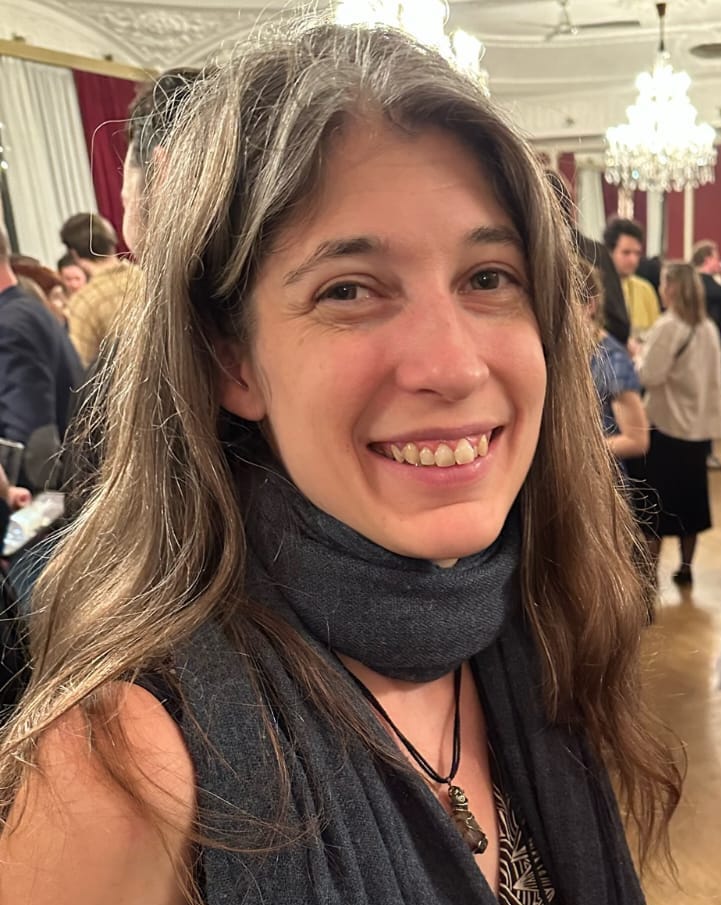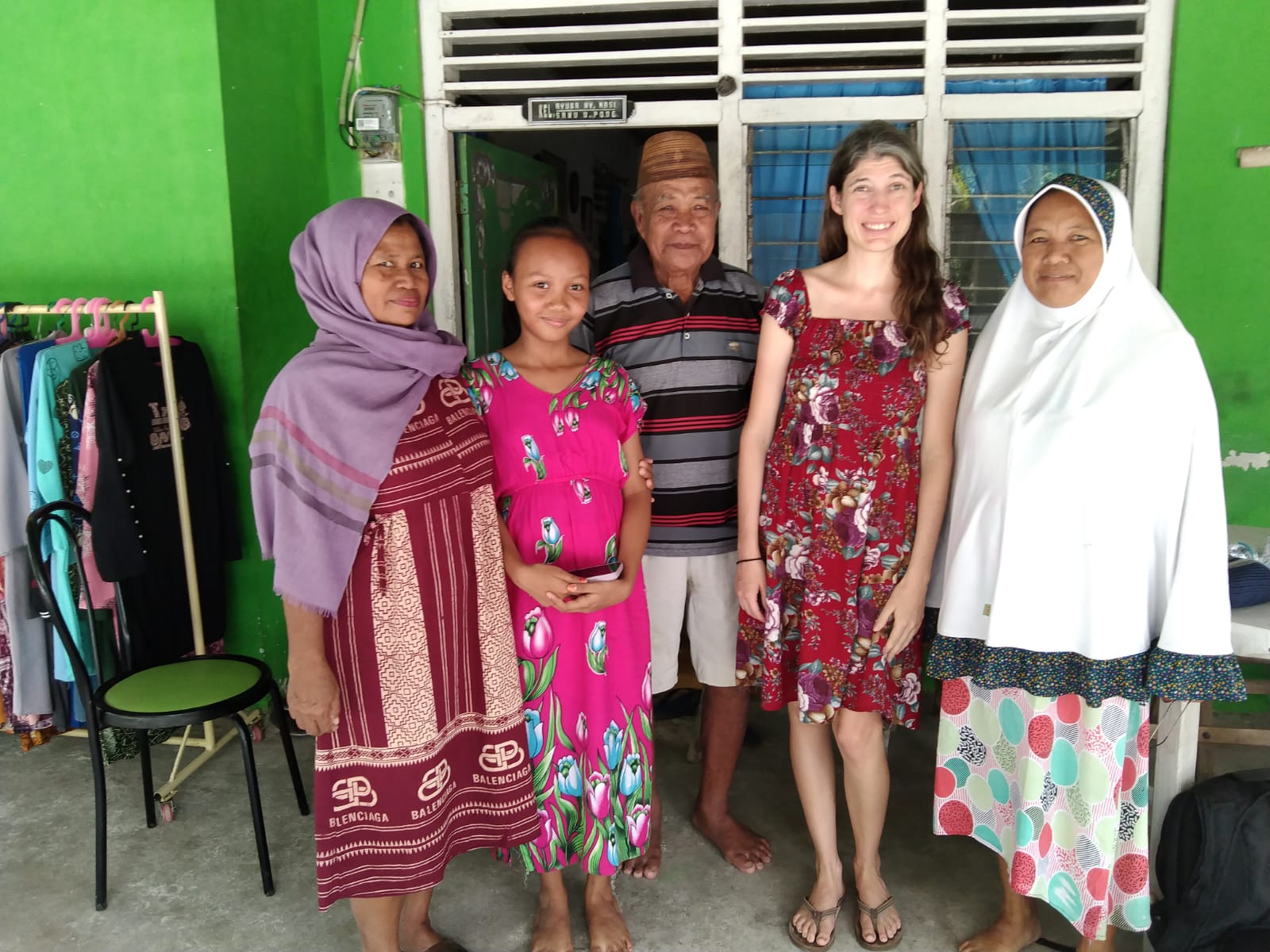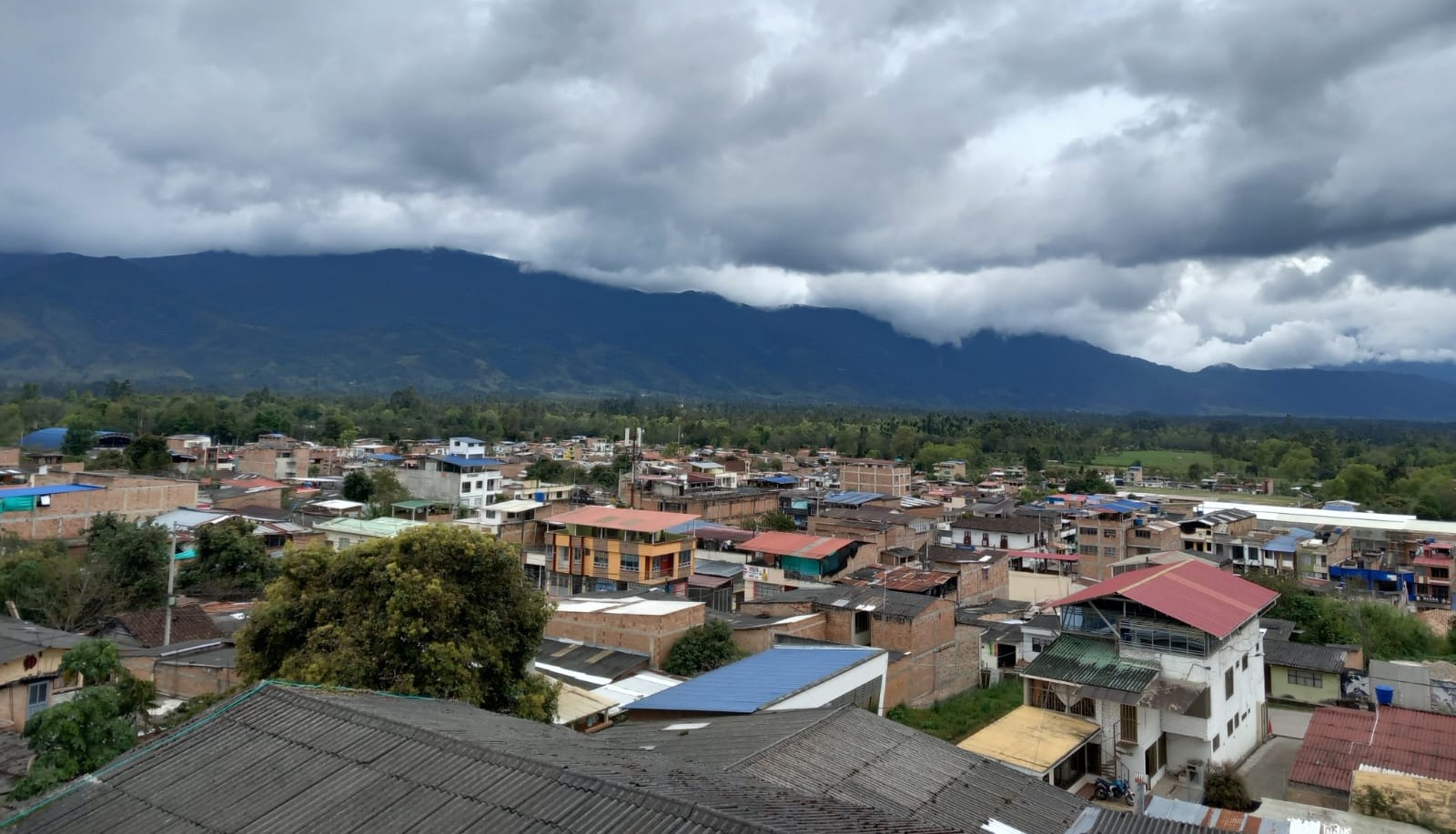
Hello! I’m Colleen Alena O'Brien, a linguistic anthropologist and filmmaker.
About
Welcome! I'm currently a postdoctoral researcher in the Department of Asian Studies at Palacký University in Olomouc, Czechia. I'm a cultural and linguistic anthropologist interested in Indigenous languages and cultures; practical approaches to peacebuilding and reconciliation during and after conflict; ethnographic filmmaking; and fisheries management in the Caribbean.
My research is directed in four main areas: (1) language use and attitudes among speakers of Indigenous languages; (2) political discourse in conflict regions; (3) ethnographic filmmaking as a tool for peacebuilding; (4) anthropological approaches to studying transitional justice; and (5) anthropological approaches to fisheries management. My particular expertise is in the study of minority languages, specifically Kamsá (Colombia) and Gorontalo (Indonesia), as well as the political, social, and cultural implications of language use in regions experiencing armed conflict. I am also the founding editor (with Davide Tacchini) of the Journal of Reconciliation Studies.
I earned my PhD in Linguistics from the University of Hawai‘i at Mānoa in 2018. My dissertation remains the most comprehensive grammatical description of Kamsá, an Indigenous language spoken in southern Colombia. As a language isolate (i.e., not related to any other language in the world), Kamsá is of particular value to linguistic typology, language contact, and linguistic anthropology, three fields to which I contribute in my research. I have also investigated how language policy affects marginalized populations in Colombia to layer a social perspective to my research on linguistic structure and discourse. My book chapter “The Challenges of Kamsá Language Revitalization in Colombia” is my first foray into this line of analysis. My ongoing project with Gustavo Rojas Páez, a Colombian legal scholar, compares Indigenous communities’ views about preserving their cultures and languages with the discourse surrounding the intersection of language policy and transitional justice.

My linguistic research with the Kamsá led to an interest in the anthropological aspects of the Colombian conflict and peace process, which has severely impacted Indigenous groups such as the Kamsá. In 2021, I released Strangers to Peace, a documentary film that follows the personal stories of three individual ex-combatants from the FARC: Dayana, a market vendor navigating her identity as a transwoman; Ricardo, a young father secretly clinging to his leftist ideology; and Alexandra, an Indigenous child soldier who was forced to leave her family behind in the Amazon. Strangers to Peace had its world premiere at the Miami Film Festival and has screened at 17 film festivals in the US, Europe, the Caribbean, and Latin America. It has won several awards, including the Vaclav Havel award for outstanding contribution to human rights at the 2023 One World Festival in Prague. In addition to my work in Colombia, I am working on a language documentation and description project of the Gorontalo language spoken in northern Sulawesi, Indonesia. I collaborate with local community members to record the language and analyze its grammatical structure.
Currently, I am using the film as a tool for research, education, and outreach. I have been screening it as part of Conflict Resolution programs in Europe, including at a workshop at ETH Zurich for mid-career conflict mediators. As part of these screenings, I facilitate in- depth conversations with the audience and am in discussions with UN staff and politicians about incorporating the film as part of their conflict resolution training. I also participated in a policy-making workshop at the London School of Economics in 2023 to engage with politicians and Ukrainian fighters to discuss policy plans for reintegrating Ukranian combatants.

I'm also very active in the International Association for Reconciliation Studies. I was co-chair of the organizing committee for the annual conference in Rwanda in 2023 (with Maximilian Schell) and am co-chair again (with Davide Tacchini) for the 2024 conference in Assisi. As mentioned earlier, I am also the founding editor (with Davide Tacchini) of the Journal of Reconciliation Studies.
Separate from my work in linguistics and peacebuilding, in 2024 I began a research project with the Cooperative Institute for Marine and Atmospheric Studies at the University of Miami with funding from the National Oceanic and Atmospheric Administration. Drawing on my ethnographic skills, I set out to study stakeholder priorities within the context of fisheries management in the Caribbean. The project's aim is to create an updated view of the region to inform policy-making at the government level.
Over the years, I have secured funding for my research projects from organizations including the American Philosophical Society, the Fulbright Program, the National Endowment for the Humanities, the International Peace Research Association Foundation, the American Association for University Women, and the U.S. Department of Education (FLAS).